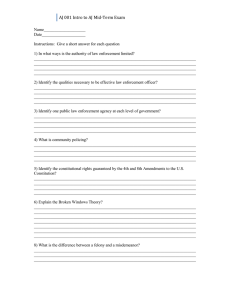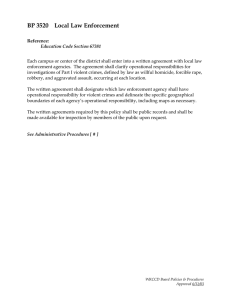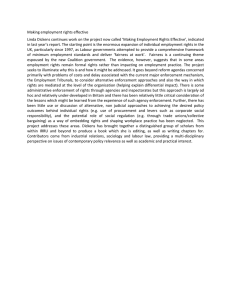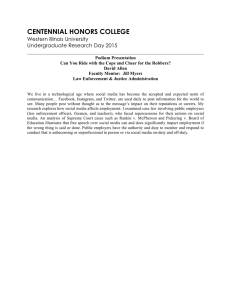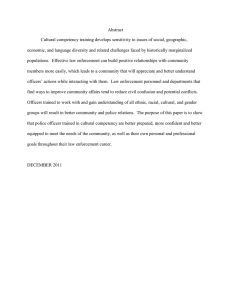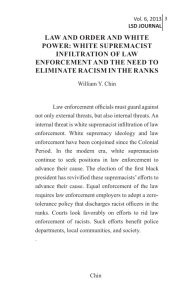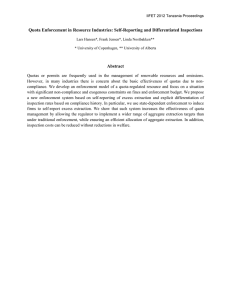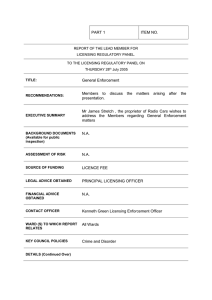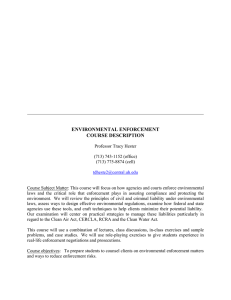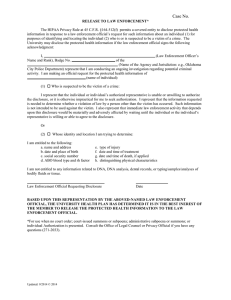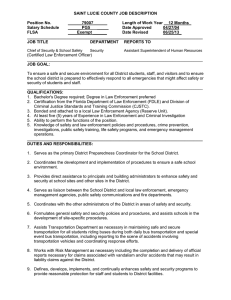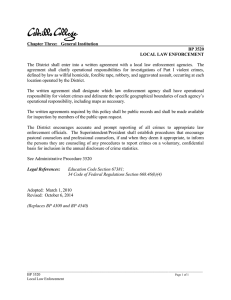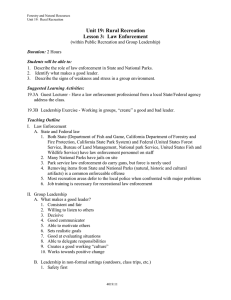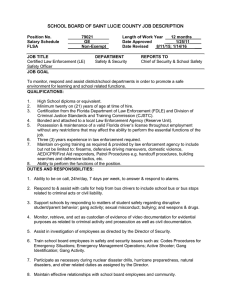Document 10917817
advertisement
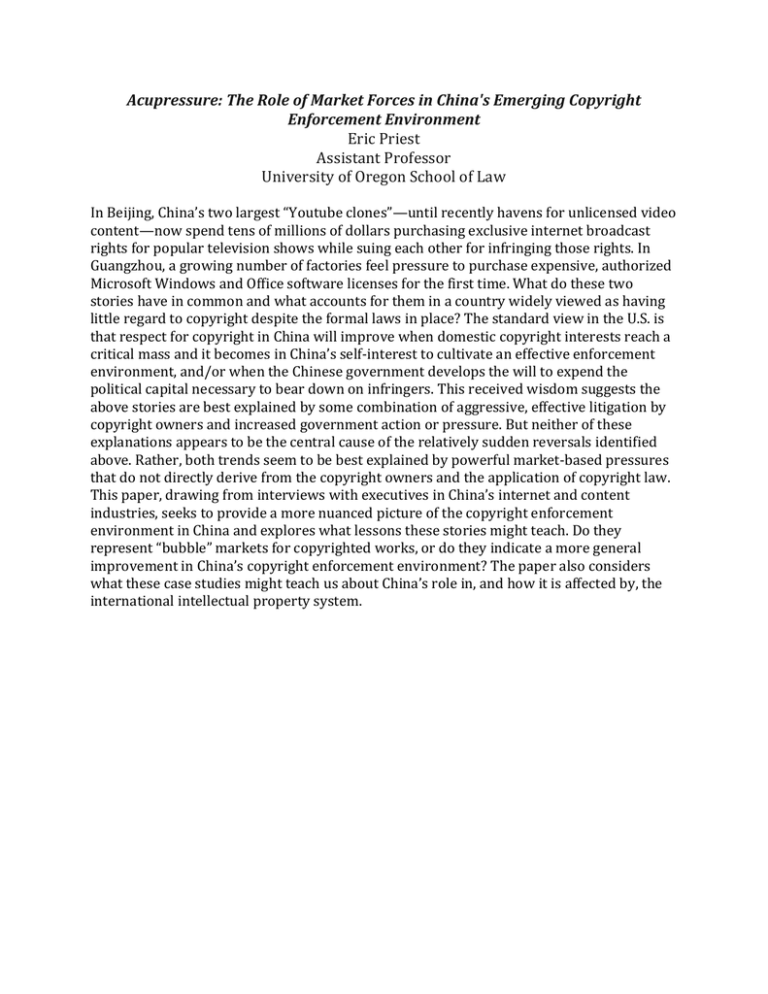
Acupressure: The Role of Market Forces in China's Emerging Copyright Enforcement Environment Eric Priest Assistant Professor University of Oregon School of Law In Beijing, China’s two largest “Youtube clones”—until recently havens for unlicensed video content—now spend tens of millions of dollars purchasing exclusive internet broadcast rights for popular television shows while suing each other for infringing those rights. In Guangzhou, a growing number of factories feel pressure to purchase expensive, authorized Microsoft Windows and Office software licenses for the first time. What do these two stories have in common and what accounts for them in a country widely viewed as having little regard to copyright despite the formal laws in place? The standard view in the U.S. is that respect for copyright in China will improve when domestic copyright interests reach a critical mass and it becomes in China’s self-­‐interest to cultivate an effective enforcement environment, and/or when the Chinese government develops the will to expend the political capital necessary to bear down on infringers. This received wisdom suggests the above stories are best explained by some combination of aggressive, effective litigation by copyright owners and increased government action or pressure. But neither of these explanations appears to be the central cause of the relatively sudden reversals identified above. Rather, both trends seem to be best explained by powerful market-­‐based pressures that do not directly derive from the copyright owners and the application of copyright law. This paper, drawing from interviews with executives in China’s internet and content industries, seeks to provide a more nuanced picture of the copyright enforcement environment in China and explores what lessons these stories might teach. Do they represent “bubble” markets for copyrighted works, or do they indicate a more general improvement in China’s copyright enforcement environment? The paper also considers what these case studies might teach us about China’s role in, and how it is affected by, the international intellectual property system.
